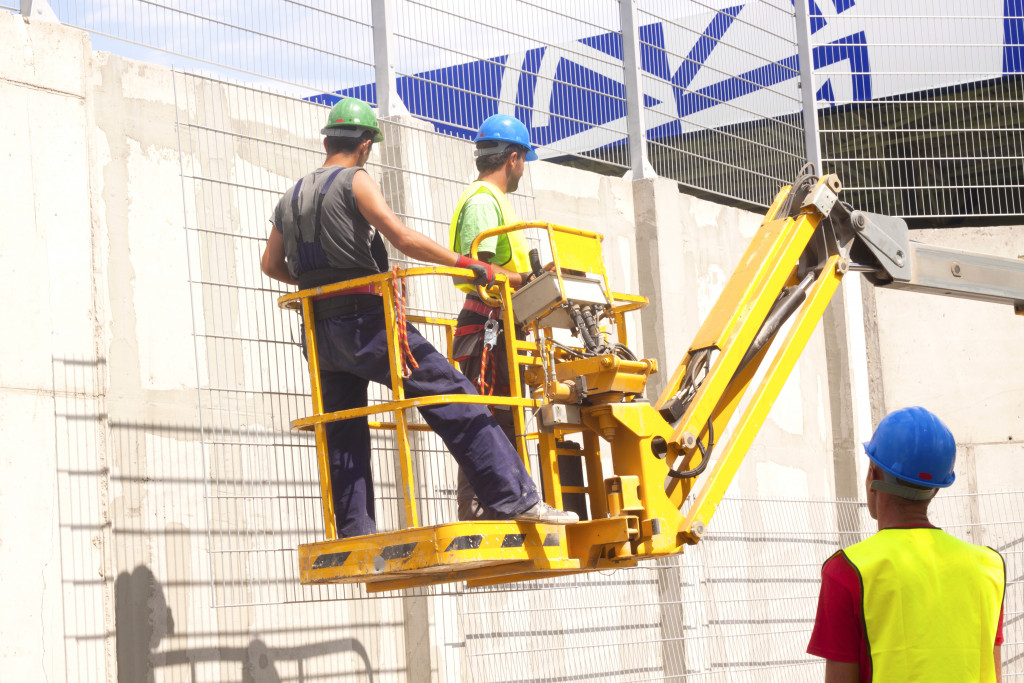The skills gap is a hot topic in many industries, and construction is no exception. This term describes the difference between the skills employers need from their workers and those they have. It’s estimated that 92% of Americans aren’t as skilled as they need to be to do their jobs. In construction, the skills gap is particularly evident in project management.
Project managers ensure that construction projects are completed on time, within budget, and to the required specifications. They also play a crucial role in communicating with clients, resolving issues, and coordinating the work of various teams. As such, they need to have a deep understanding of both the construction process and business principles.
The problem is that many construction workers only have experience in one or the other. In the meantime, business owners and entrepreneurs planning construction projects need to know how the skills gap could impact their plans.
The Impact of the Skills Gap
There are a few ways in which the skills gap can impact construction projects:
Projects May Take Longer to Complete
One of the most direct impacts of the skills gap is that projects may take longer to complete. It’s because project managers who don’t have a deep understanding of construction and business principles will need more time to complete tasks and make decisions. This can delay progress and cause frustration for everyone involved.
Going Over Budget
Another potential issue is that projects may go over budget. It can happen when project managers don’t fully understand how to estimate costs or develop budgets that account for all potential expenses. However, it’s also important to note that even if a project manager does have a good understanding of budgeting, they may still struggle to keep costs under control if they’re not experienced in managing construction projects.
Communication Problems
The skills gap can also impact communication between team members, clients, and contractors. It’s because project managers who lack experience in either construction or business may not know how to communicate effectively with different stakeholders. This can lead to misunderstandings, miscommunication, and conflict.

Safety Concerns
Finally, the skills gap can have a significant impact on workplace safety. Project managers who don’t understand construction may not know how to ensure that workers follow all safety protocols, or they may be unable to enforce these rules. Additionally, construction workers who don’t know much about business may be more prone to taking shortcuts, which can lead to accidents or health risks. It’s estimated that there were nearly a thousand fatal accidents in construction in 2019. Experts fear that number might rise due to the skills gap.
The skills gap is a severe issue in the construction industry that business owners and entrepreneurs should be aware of when planning their projects. Furthermore, business owners and construction managers need to know how the skills gap could impact their plans. Although initiatives are underway to close the skills gap, it will take time for these programs to produce results. Here are four of those initiatives.
Training and Testing
One of the best ways to have experienced workers is by providing in-depth training and testing for new workers. This can help ensure that project managers are well-equipped with construction and business skills and experience in managing projects. However, it’s essential to know that certain tests and training might be specific to a particular country. For example, in the United Kingdom, construction workers are required to take the CITB exam. This exam covers health and safety, building regulations, contracts, and materials. This is crucial in helping construction workers in the country stay safe during construction projects.
Online Resources
In addition to providing training and testing opportunities for new workers, businesses can also offer online resources that help with specific tasks. For example, many project managers find it difficult to estimate costs accurately. To help address this issue, some businesses offer online cost estimators to help project managers develop more accurate budgets.
Partnerships and Alliances
In some cases, businesses may find it challenging to address the skills gap independently. In these cases, they can form partnerships or alliances with companies specializing in construction management or business education. These collaborations can be a great way to share resources and personnel, which can help companies stay on schedule and under budget.
Promoting Diversity
Finally, businesses can also promote diversity in their hiring practices. By hiring workers of different ages, genders, races, and nationalities, they can bring a broader range of skills to the table. This can ensure that teams can better understand and communicate with different stakeholders, which can help avoid costly and dangerous communication problems.
While there are many challenges facing the construction industry due to the skills gap, there are also effective strategies that businesses can use to overcome these issues. By focusing on the initiatives listed above, the industry can continue to thrive well into the future.

